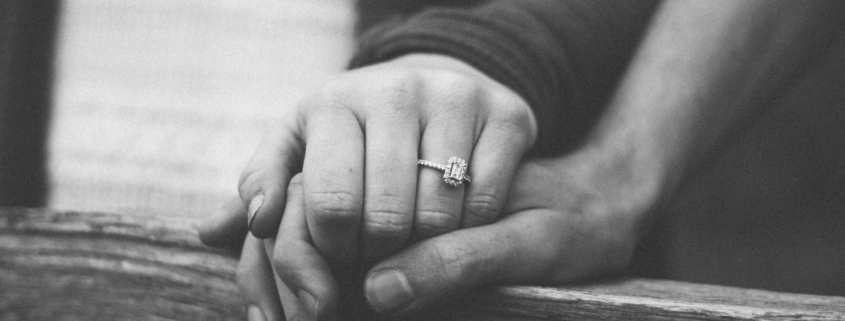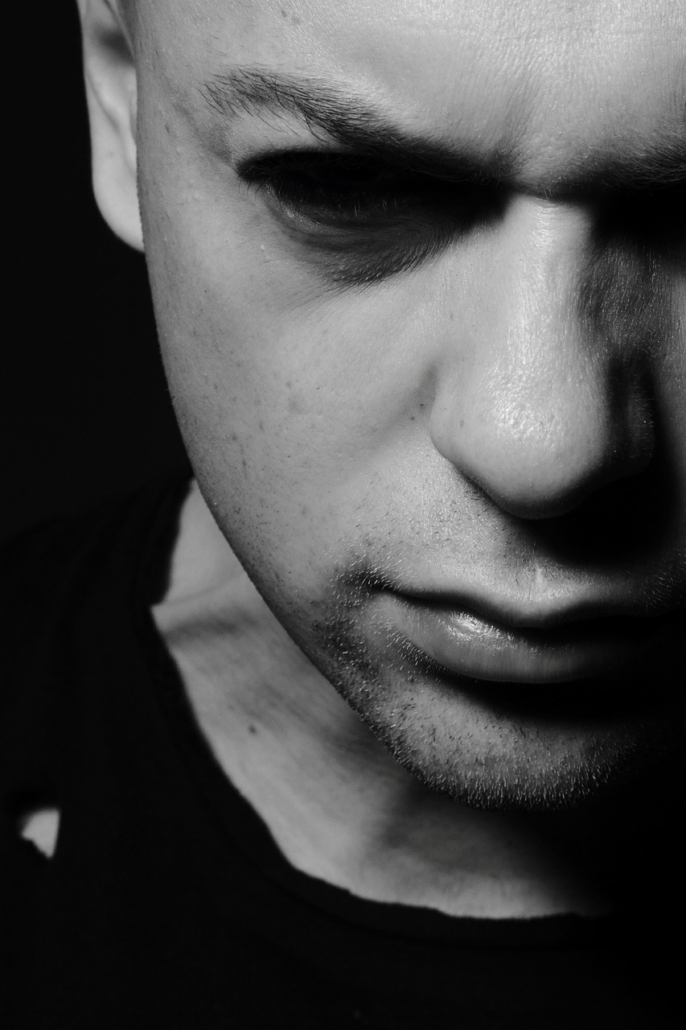When it comes to battling addiction, having a strong support system is crucial. For couples struggling with substance abuse, seeking help together through Couples Rehab in San Francisco can make a significant difference in their recovery journey. Couples Rehab offers specialized programs that cater to the unique needs of couples, providing them with the tools and resources they need to overcome addiction and build a healthier, happier life together.
Couples Addiction Treatment
Couples Addiction Treatment at Couples Rehab in San Francisco is designed to address the individual needs of each partner while also focusing on the dynamics of the relationship. This type of treatment recognizes that addiction can impact both partners in a relationship and that recovery is most successful when both individuals are actively involved in the process.
Through Couples Addiction Treatment, couples can work together to identify and address the underlying issues that may have contributed to their addiction. By participating in therapy sessions together, couples can learn healthy communication skills, improve their problem-solving abilities, and strengthen their bond as they navigate the challenges of recovery.
Dual Diagnosis Couples Treatment
Many individuals who struggle with addiction also have a co-occurring mental health disorder, such as depression or anxiety. Dual Diagnosis Couples Treatment at Couples Rehab in San Francisco is designed to address both addiction and mental health issues simultaneously, providing couples with comprehensive care that addresses all aspects of their well-being.
By treating both addiction and mental health disorders concurrently, Dual Diagnosis Couples Treatment can help couples achieve long-lasting recovery and improve their overall quality of life. This integrated approach to treatment ensures that couples receive the support and resources they need to address all of the challenges they may be facing.

Substance Abuse Treatment for Couples
Substance Abuse Treatment for Couples at Couples Rehab in San Francisco offers a range of therapeutic interventions and support services to help couples overcome addiction. From individual counseling and group therapy to experiential activities and holistic treatments, couples can access a variety of resources to support their recovery journey.
Substance Abuse Treatment for Couples focuses on building resilience, developing coping strategies, and fostering a sense of community among couples in treatment. By working together to overcome addiction, couples can strengthen their relationship and create a solid foundation for a sober and fulfilling life together.
Couples Rehab Programs
Couples Rehab in San Francisco offers a variety of programs to meet the diverse needs of couples seeking treatment for addiction. Whether couples are looking for intensive residential treatment, outpatient programs, or aftercare services, Couples Rehab provides comprehensive care that is tailored to each couple’s unique situation.
Through Couples Rehab Programs, couples can access a range of evidence-based treatments, including cognitive-behavioral therapy, family therapy, and relapse prevention strategies. These programs are designed to help couples develop the skills and strategies they need to maintain their sobriety and thrive in their recovery journey. Contact us today for help.
FAQ’s
Q: What is the significance of couples rehab in addiction recovery?
- A: Couples rehab plays a crucial role in addiction recovery by addressing the unique challenges faced by partners struggling with substance abuse. It provides a supportive environment where couples can heal together and strengthen their commitment to sobriety.
Q: How does couples rehab differ from individual addiction treatment programs?
- A: Couples rehab differs in that it involves both partners in the recovery process. It recognizes the interconnectedness of the couple’s journey, offering tailored therapies that focus on relationship dynamics alongside individual recovery.
Q: Can couples rehab benefit partners who have different addiction severity levels?
- A: Absolutely. Couples rehab is designed to accommodate varying levels of addiction severity. Treatment plans are customized to meet the unique needs of each partner, ensuring that both individuals receive the appropriate level of care.
Q: What types of therapies are commonly used in couples rehab programs?
- A: Couples rehab often incorporates a mix of individual and joint therapies. Common therapeutic approaches include couples counseling, individual counseling, behavioral therapy, and experiential therapies aimed at fostering communication and understanding.
Q: Is couples rehab only for married couples, or do unmarried couples benefit as well?
- A: Couples rehab is inclusive and beneficial for both married and unmarried couples. The focus is on the relationship dynamics and the impact of addiction, irrespective of the legal status of the partnership.
Q: How does couples rehab address underlying relationship issues contributing to addiction?
- A: Couples rehab delves into the root causes of addiction, which often include relationship issues. Therapists work with couples to identify and address underlying issues, fostering healthier communication and relational patterns.
Q: Can couples rehab help in rebuilding trust and repairing the relationship?
- A: Yes, a significant aspect of couples rehab is rebuilding trust and repairing the damage caused by addiction. Therapists guide couples through the process of rebuilding a foundation of trust and intimacy essential for a lasting recovery.
Q: What role do family members play in couples rehab programs?
- A: Family members, including children or extended family, may play a supportive role in couples rehab. Inclusion varies based on individual circumstances, with the goal of creating a holistic support system for the recovering couple.
Q: Is couples rehab suitable for all types of substance abuse, including alcohol addiction?
- A: Yes, couples rehab is suitable for various types of substance abuse, including alcohol addiction. The comprehensive approach addresses the specific challenges posed by different substances, fostering a supportive environment for recovery.
Q: How long does a typical couples rehab program last?
- A: The duration of a couples rehab program varies depending on factors such as the severity of addiction, individual progress, and the specific treatment plan. Programs typically range from 30 to 90 days, with options for extended care if needed.








